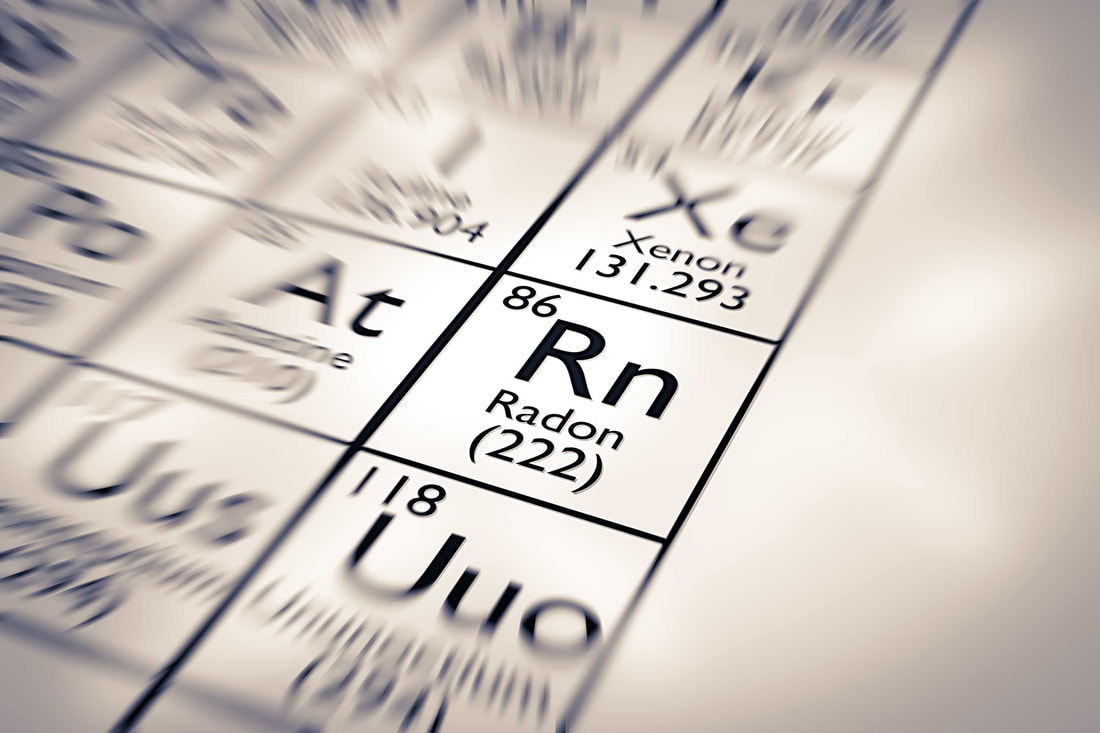Radon Symptoms
|
Radon Symptoms
Radon is a free natural-occurring gas found within the earth's crust, which rises into the atmosphere. It is a highly conspicuous, colorless, odorless, and tasteless gas that can get way over your head and beyond your notice. Since this gas resides in the soil, the ground floors of many buildings are most at risk of being exposed to excess radon levels in the air. The statistics are quite alarming. It is estimated that over 50% of Denver homes have radon levels above 4.0pCi/L. Because it emanates from the earth, this poisonous gas can find its way into your homes, offices, and industrial workspaces from the smallest openings. It does not matter how tiny these spaces are; it can seep through gradually until they reach excessive levels. Some areas where radon can come in are cracks on walls and foundations, unsealed openings around the building, cracks, pipes, drains, and the basement. While out in the open, radon gases can spread freely and might not be particularly dangerous. But when trapped inside enclosed areas, they concentrate rapidly and at high levels. This is when they become hazardous to human health. Now, here's the irony. Radon was once proposed to be of great benefit to human health if inhaled. But from recent indications, we now know that if this gas is inhaled continuously over a long period, it could pose a severe health challenge. Radon is one of the leading causes of countless deaths from lung cancer deaths every year in the US alone, second only to smoking. So it is without a shadow of a doubt a hazardous gas that must be mitigated at all cost. Radon Gas Symptoms Radon gases are very conspicuous in nature, meaning they could accumulate in an enclosed area for an extended period doing untold damage to the health of people who live and work there. The symptoms of radon gas exposure don't usually show up immediately. In fact, they could delay for a long period only for you to start showing real consequential signs of radon poisoning. As stated, over extended exposure to this gas is most evident in lung cancer symptoms. These symptoms include:
This is why at Denver Radon Pros, we make it our duty to ensure the air around your homes and offices are safe for you and those you care most about. You must get your living and workspaces tested for excess levels of radon today. Give us a call today! |
|

